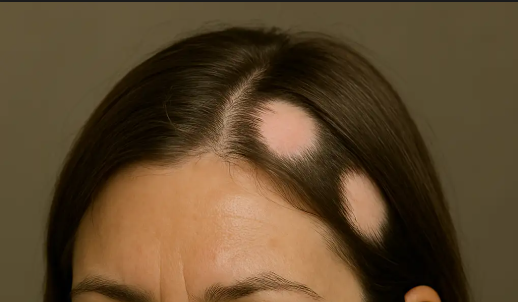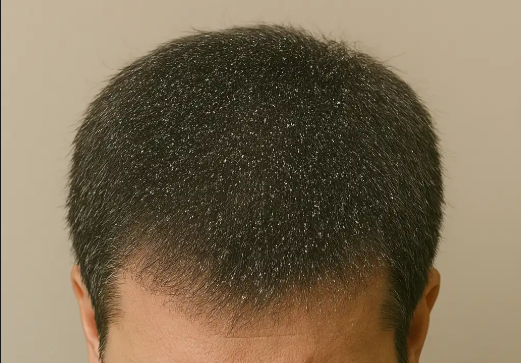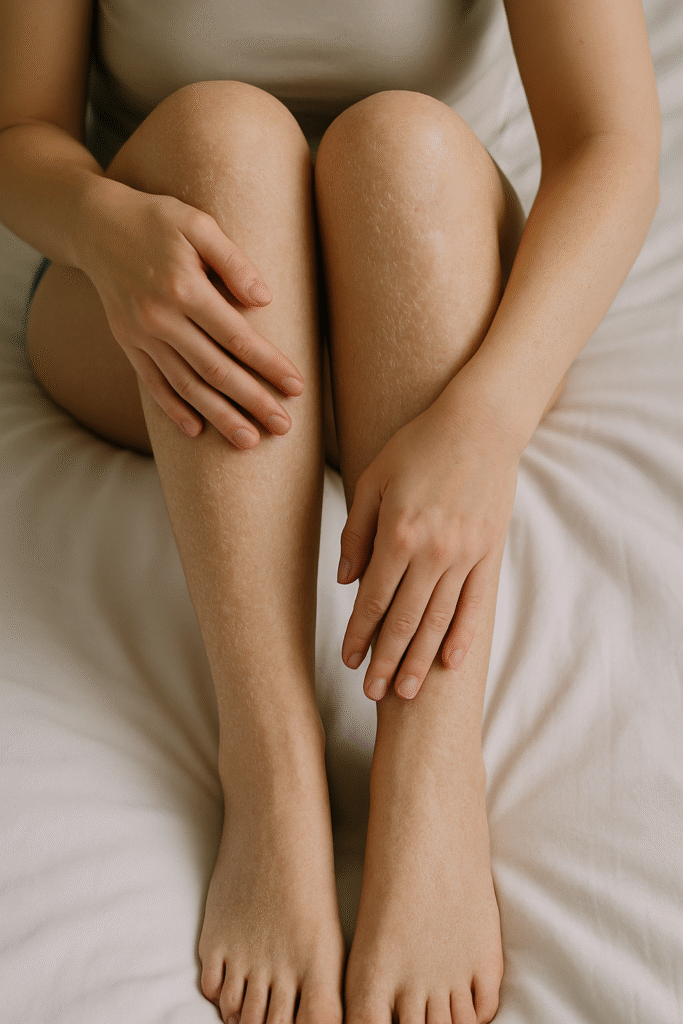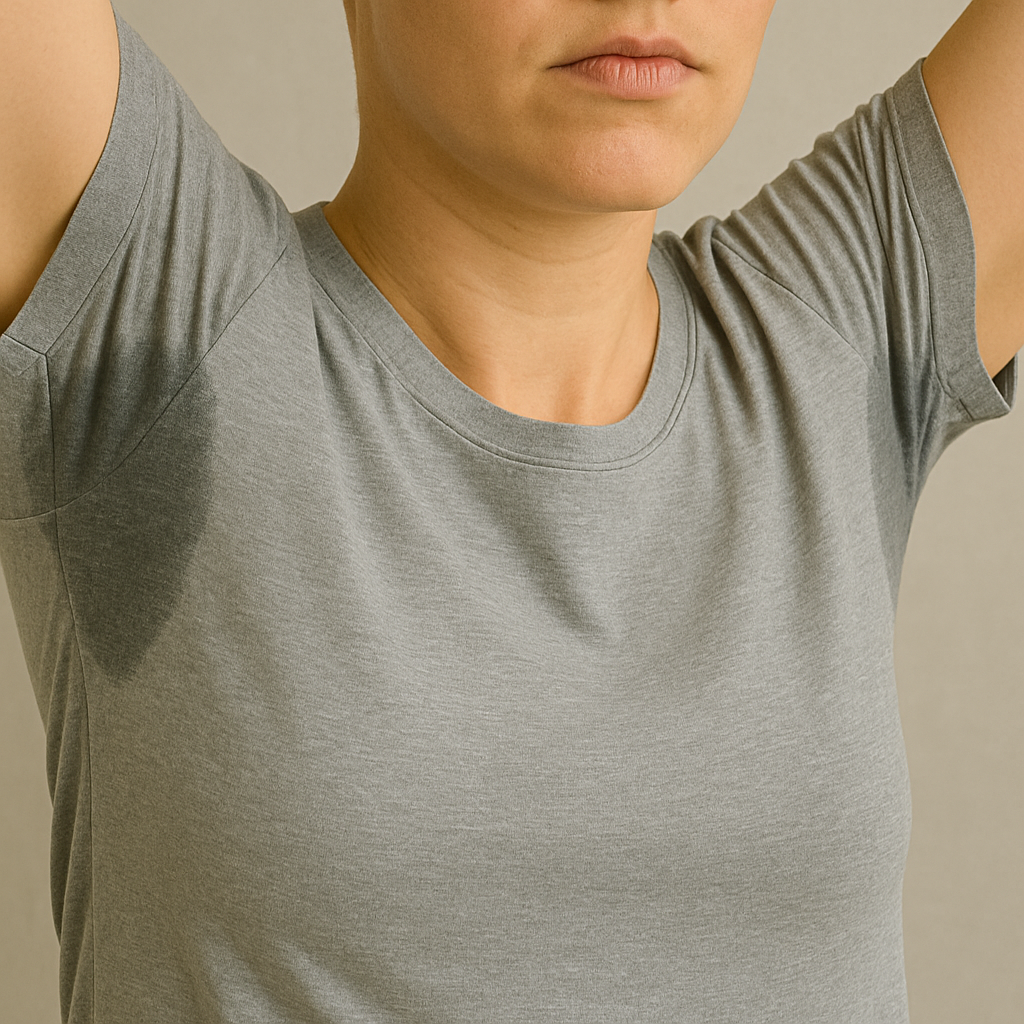Alopecia Areata is an autoimmune condition that causes sudden, patchy hair loss on the scalp, face, or other areas of the body.

It occurs when the immune system mistakenly attacks hair follicles, leading to hair thinning or complete bald spots. While the exact cause is not fully understood, it is believed to be influenced by genetic and environmental factors, and it may be associated with other autoimmune conditions.
There is no known way to prevent alopecia areata, but early diagnosis and treatment can help manage the condition and encourage hair regrowth.
At our dermatology clinic, we offer a range of treatments tailored to each patient, including topical or injectable corticosteroids and counseling and referrals to specialty clinics where newer therapies such as JAK inhibitors are offered. Our goal is to restore hair growth and support your confidence through expert care.
Dandruff is a common scalp condition characterized by flaking, itching, and sometimes redness or irritation. It is often caused by an overgrowth of a yeast-like fungus called Malassezia, excess oil production, or sensitivity to hair products. Other factors such as stress, cold weather, and infrequent shampooing can also contribute to flare-ups. While dandruff is not contagious or harmful, it can be persistent and bothersome.
Preventing dandruff involves regular washing with a gentle shampoo and avoiding harsh hair products.
At our dermatology clinic, we offer personalized treatment plans that may include medicated shampoos, topical antifungal or anti-inflammatory treatments, and guidance on scalp care to effectively control symptoms and prevent recurrence.

self-schedule your appointment now on our website
Dry skin, medically known as xerosis, is a common condition characterized by rough, flaky, or itchy skin that may crack or feel tight.

It often results from environmental factors such as cold weather, low humidity, excessive bathing, or harsh soaps, and can also be associated with aging or underlying medical conditions like eczema or diabetes.
Prevention includes using gentle, fragrance-free cleansers, moisturizing regularly—especially after bathing—and avoiding hot showers.
A dermatologist can evaluate persistent or severe dry skin and recommend targeted treatments, such as prescription moisturizers, barrier repair creams, or addressing any underlying skin conditions contributing to the dryness.
Excessive sweating, medically known as hyperhidrosis, is a condition where the body produces more sweat than is necessary to regulate temperature, often affecting the hands, feet, underarms, or face. It can be primary (with no underlying cause, often starting in childhood or adolescence) or secondary to conditions like thyroid disorders, diabetes, or medication use.
While it can’t always be prevented, managing triggers such as stress, heat, or spicy foods may help reduce symptoms.
A dermatologist can offer effective treatments including prescription-strength antiperspirants, oral medications, Botox injections to block sweat glands, iontophoresis (a device that reduces sweating), or even surgical options in severe cases.
